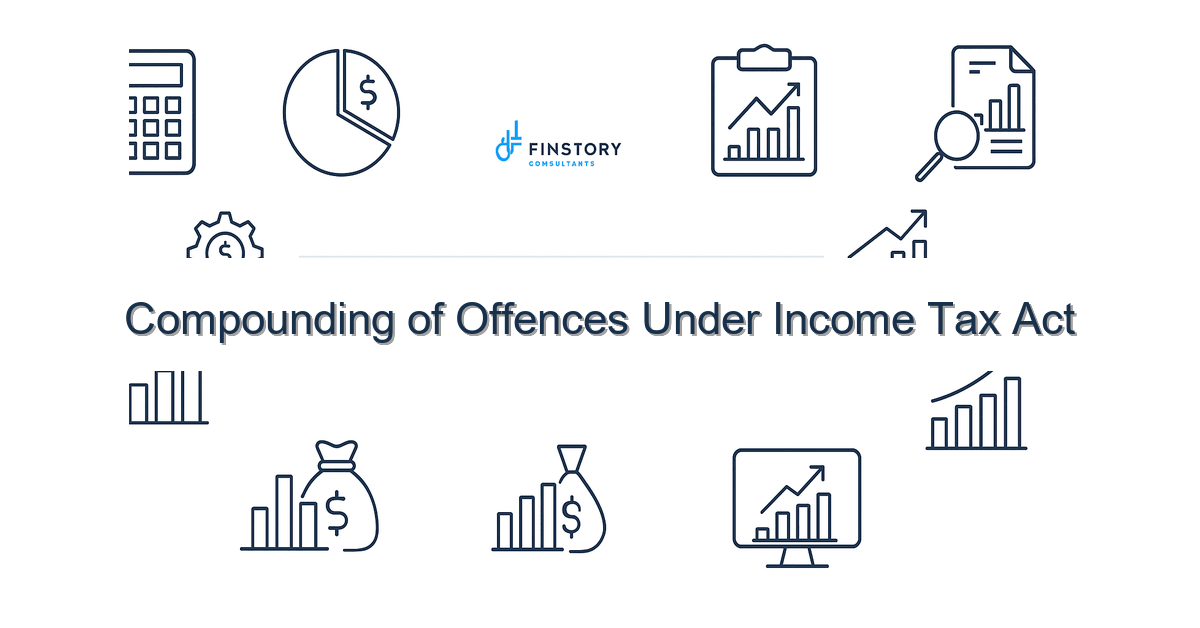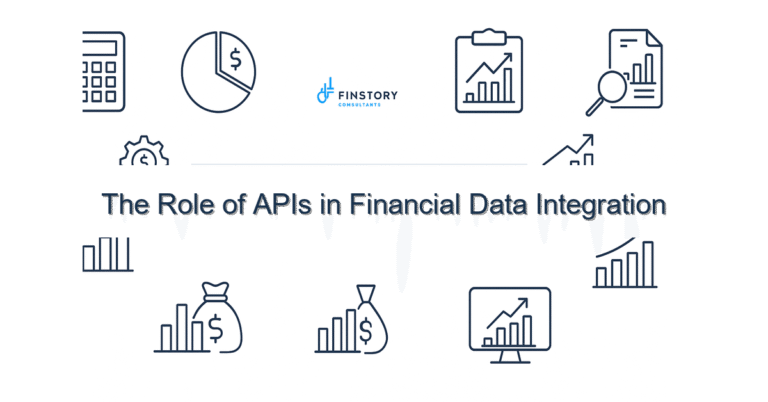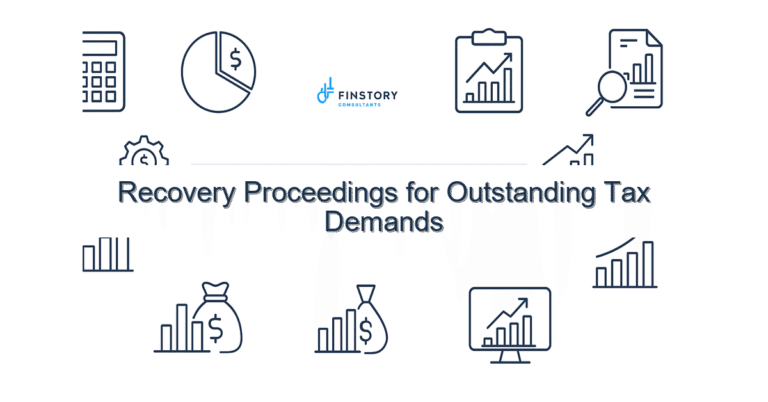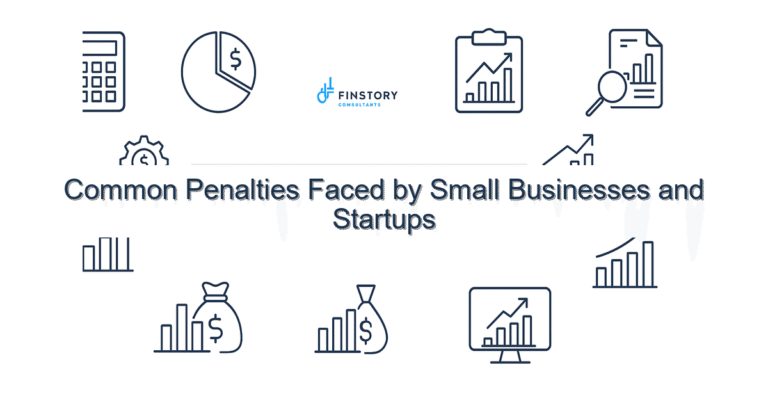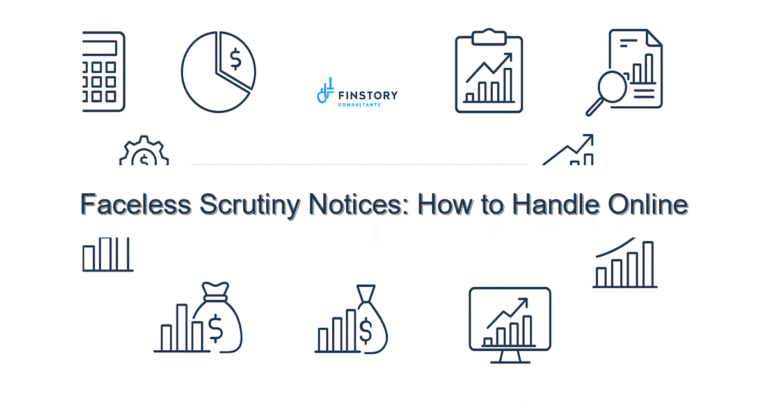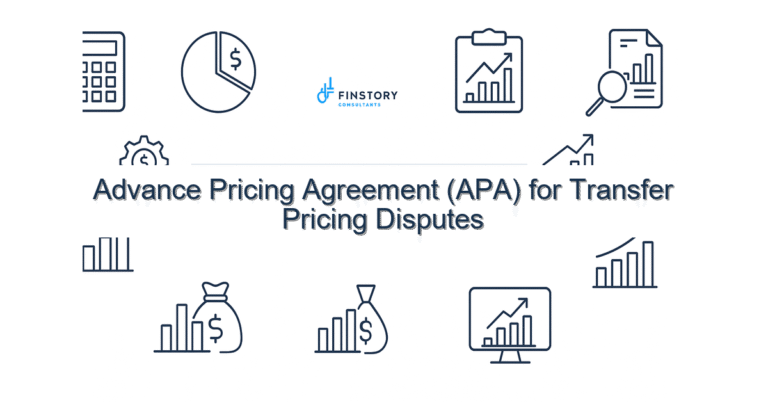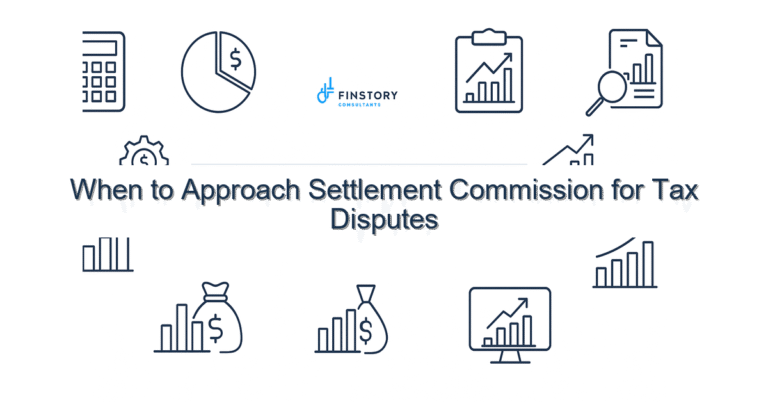Compounding of Offences Under Income Tax Act
Dealing with an income tax notice or worry about a past non-compliance is stressful. You’re juggling work, ITR filing last date reminders, and the fear that a small mistake could turn into prosecution. This guide explains compounding of offences under the Income Tax Act in plain Indian terms — so you can act fast and calmly.
Summary: Compounding is a structured way to resolve certain offences under the Income Tax Act by paying a compounding fee (and settling tax, interest or penalty where applicable), avoiding criminal prosecution. It’s not automatic — you must apply, meet conditions, and the authority will decide. For salaried individuals, professionals, founders and MSMEs, early action, clear documentation and professional help usually save money and stress.
What’s the real problem in India?
Tax laws use technical terms like AY/PY, CBDT timelines and prescribed forms. Notices arrive citing legal provisions that feel foreign. Many taxpayers delay responding or ignore minor slips until they multiply. That increases risk — a notice for a missed TDS deposit can escalate into an offence that might be compounded if handled correctly.
- Symptom: A TDS/TCS mismatch shows up in your AIS/26AS and triggers a notice.
- Symptom: You missed an ITR filing last date for a return year and now face penalties and a show-cause notice.
- Symptom: An advisor suggested aggressive tax positions (capital gains indexation issues) and now you fear prosecution.
- Symptom: Business cashflows suffer because a pending prosecution blocks bank approvals or investor confidence.
What people get wrong
Many taxpayers assume compounding is a simple payment or a guaranteed escape hatch. That’s not the case. Common mistakes:
- Waiting until prosecution starts — the earlier you address non-compliance, the more options you usually have.
- Thinking compounding covers every offence — serious fraud, wilful evasion and some offences may not be compoundable or may carry conditions.
- Failing to reconcile TDS/TCS records with AIS/26AS before applying, leading to rejected applications or surprise dues.
- Overlooking concurrent liabilities like interest, penalty or disclosure in ITR which must often be settled for compounding to be accepted.
A better approach
Think of compounding as a legal settlement process: you admit the facts (where required), pay dues and a compounding fee, and get closure without criminal trial. Here’s a simple framework to follow.
- Assess: Reconcile your AIS/26AS, TDS/TCS statements and books to quantify tax, interest and penalties that arise from the lapse.
- Confirm eligibility: Check whether the offence in question is compoundable and whether any prosecution or conviction already exists. Get legal input for borderline cases.
- Prepare documentation: Draft a concise application with facts, admission where applicable, computation of dues, bank proofs, and statutory forms if required.
- Apply and follow up: Submit to the prescribed compounding authority and be ready to provide clarifications. Track CBDT timelines and any show-cause responses.
- Settle and update records: Pay tax/interest/penalty and compounding fee. Update ITRs and reconcile AIS/26AS to avoid recurrence.
Real-world example: A Delhi-based MSME missed depositing TDS for one quarter due to an accounting oversight. Early reconciliation of AIS/26AS revealed the mismatch. The business applied for compounding, paid the tax, interest and a moderate compounding fee — and avoided prosecution, saving months of legal costs and preserving bank limits. The total cash cost was roughly 12–15% of the disputed amount versus far higher exposure if prosecuted.
Quick implementation checklist
- Gather notices and timelines immediately — don’t miss response deadlines.
- Pull AIS/26AS, bank statements and TDS/TCS certificates for the relevant PYs.
- Reconcile TDS/TCS entries and identify the exact shortfall or discrepancy.
- Compute tax, interest and potential penalties; note any Section 80C limit or deductions that affect tax owed.
- Check whether the offence is compoundable (seek professional help for legal clarity).
- Prepare and submit the compounding application with supporting evidence and an honest facts statement.
- Keep funds ready for immediate payment of dues on acceptance — delays can invalidate compounding offers.
- Correct your processes to prevent recurrence: update payroll TDS workflows, reconcile quarterly, and track TDS/TCS monthly.
- File revised ITRs where necessary and watch for processing under new vs old regime slabs if changes affect tax computation.
- Document everything — communications, receipts, and confirmations for future audits or checks.
What success looks like
- Closure of the matter without prosecution or criminal record.
- Reduced total cash outflow compared to prolonged litigation and interest accumulation.
- Faster ITR processing and refunds when records are corrected and AIS/26AS reconciled.
- Fewer future notices and improved compliance score with tax authorities.
- Preserved reputation with banks, investors and clients — important for founders and MSMEs.
Risks & how to manage them
Compounding isn’t risk-free. Risks include rejection of application, discovery of additional offences during scrutiny, or retrospective assessments. Manage risks by being proactive, honest, and thorough. If a matter appears beyond compounding (serious fraud or repeat offences), consider a negotiated compliance path with legal counsel instead of a rushed application.
Tools & data
Use these India-specific tools to prepare and monitor:
- AIS/26AS — reconcile TDS and TCS credits against your books and payroll.
- Income tax e-filing portal — track notices, file applications and receive communications.
- TDS/TCS tracking tools or payroll software — avoid future mismatches and automate deposits.
- Bank statements and GST records — cross-check transactions, especially for capital gains indexation and large receipts.
- Check ITR validity, revise if needed and note ITR filing last date rules for belated or revised returns.
FAQs
Q: What does compounding actually mean?
A: Compounding is a legal settlement where you pay a compounding fee (and settle tax, interest or penalty where required) to avoid criminal prosecution for certain offences under the Income Tax Act.
Q: Can any offence be compounded?
A: No. Only certain offences are compoundable. Serious offences, repeated violations or matters already under trial may not be eligible. Professional advice is essential.
Q: Will compounding stop recovery of tax or interest?
A: Compounding generally requires settlement of outstanding tax, interest and penalties relevant to the offence. It doesn’t waive legitimate tax due unless agreed with the authority.
Q: How long does compounding take?
A: Timelines vary. Simple matters with full documentation can be resolved in weeks; complex cases may take months. Early action and complete documentation speed the process.
Next steps
If you’ve received a notice, see a TDS/TCS mismatch in AIS/26AS, or worry about a missed ITR filing last date, don’t delay. Start by reconciling records, compute likely dues, and get an eligibility check for compounding. We help salaried taxpayers, professionals, founders and MSMEs prepare a strong application and negotiate with authorities.
For practical guidance, check our resources: [link:ITR guide] and [link:tax-saving tips]. If you prefer, we can review your notice and prepare the compounding application for you.
Work with Finstory. Speak with an Expert for a personalised plan to reduce your tax outgo and stay compliant. Book a free 20-min consultation.
📞 Need help with Income Tax in India?
Book a 20-min consultation with our tax team. Individuals, founders & MSMEs welcome.
Prefer email or phone? Write to info@finstory.net
or call +91 44-45811170.
